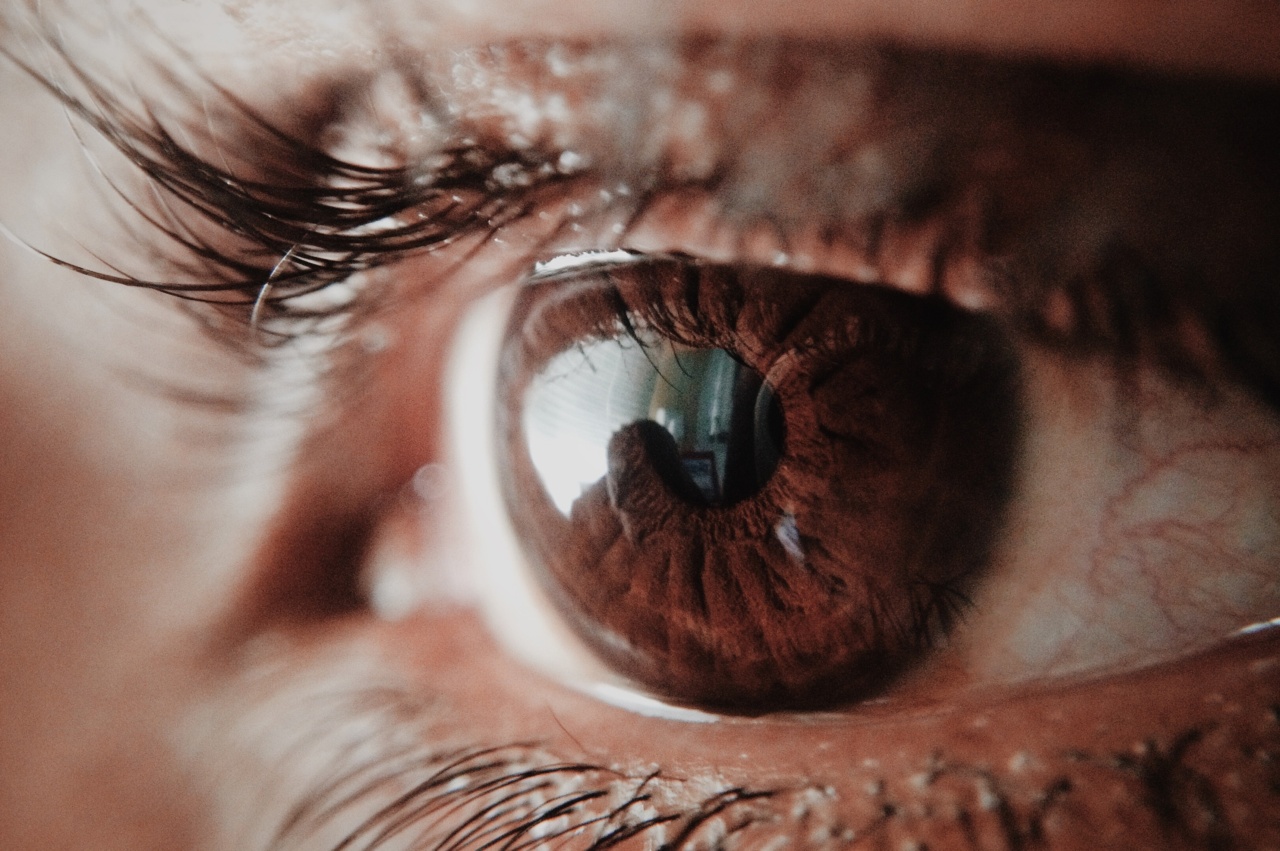Determination is one of the most powerful forces in the human psyche. It is the ability to pursue a goal or objective with persistence and a firm resolve, despite setbacks, obstacles, or challenges.
When we are determined, we possess an unwavering dedication to achieving our desired outcome. Determination is about persevering through difficulties and refusing to give up, even when things seem impossible.
What is Sight?
Sight is one of the five senses that humans use to perceive the world around us. It is the ability of the eyes to see light and to process visual information from the environment.
The capacity to see is essential to our daily lives, allowing us to navigate our surroundings, recognize faces, and read written words.
Learning to See Without Sight
But what happens when sight is not an option? What if someone is born blind, or loses their vision due to injury or disease? For many, the loss of vision can represent a significant challenge, both personally and socially.
However, as demonstrated by many individuals throughout history, it is still possible to see without sight, to navigate the world and to find fulfillment and meaning in life.
Examples of Determination
Helen Keller is perhaps one of the most famous examples of determination. She was born in Alabama in 1880 and became deaf and blind as a toddler due to an illness.
Despite these challenges, she learned to communicate through the help of her teacher, Anne Sullivan. Keller went on to become a renowned author, activist, and lecturer, inspiring generations with her story of resilience and determination.
Another inspiring example is Erik Weihenmayer, who became the first blind person to summit Mount Everest, the highest peak in the world. Weihenmayer was born with a degenerative eye disease that left him completely blind by the age of 13.
However, he refused to let his blindness define him and went on to become an accomplished mountaineer and adventurer. Along with his successful Everest ascent, Weihenmayer has also climbed the highest peaks on each of the seven continents.
The Power of Mindset
What do these examples demonstrate? Above all, they show the power of a positive mindset. People like Keller and Weihenmayer refused to let their disability limit their potential or their happiness.
Instead, they saw their challenges as opportunities to grow, to learn, and to inspire others. By cultivating a determined mindset, they were able to overcome what many would consider insurmountable obstacles and accomplish extraordinary feats.
Tools for Seeing Without Sight
Of course, learning to see without sight requires more than just a positive attitude. It also requires practical tools and techniques.
One of the most important of these is the cane, a long stick that is used to detect obstacles and navigate the environment. Another critical tool is Braille, a system of raised dots that enables blind individuals to read and write.
There are also many technological solutions available today that can help the blind to see without sight.
One of the most promising of these is the development of sensory substitution devices, which use sensory inputs other than vision to provide people with information about their surroundings. For example, some devices translate visual information into sound or touch sensations, allowing blind individuals to “see” their environment using other senses.
The Importance of Empathy
Of course, learning to see without sight is not just about the individual who is blind. It is also about how society as a whole perceives and treats blind people.
Unfortunately, many people hold misconceptions or stereotypes about the blind, seeing them as helpless or dependent. But as the examples of Keller and Weihenmayer show, this could not be further from the truth.
Therefore, it is essential to cultivate empathy and understanding towards the blind and to provide them with the tools and resources they need to thrive.
This means investing in education and support programs, providing accessible technology and infrastructure, and challenging the social stigma that surrounds blindness.
Conclusion
In the end, the power of determination goes beyond just the ability to see without sight. It is about the willingness to face challenges head-on, to push past fear and doubt, and to believe in oneself.
With this mindset, it is possible to achieve great things, to make a positive impact on the world, and to live a life of purpose and meaning.































